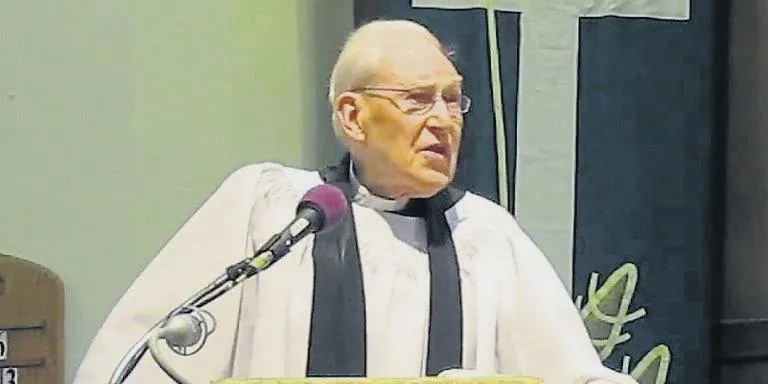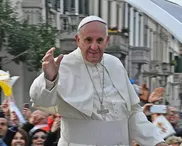The global church owes a debt of gratitude to James I. Packer (1926–2020). During the second half of the 20th century he has embodied Evangelical theology at its best, especially on issues like the authority of Scripture, penal substitutionary atonement, and the interplay between theology and spirituality. This is to say that, if I dare critique one minor – albeit significant – instance of his theological involvement, I do so out of immense respect.
It is no secret that in Packer’s theological biography his involvement with the ‘Evangelicals and Catholics Together’ (ECT) initiative has puzzled many of his admirers. How such a solid theologian could be prone to sign theologically-blurred documents and encourage confusing ecumenical activities has been a standing question in many people’s minds.
‘Why I Signed It’
ECT is a document released in 1994, but it is also the name of an ongoing informal dialogue that has been taking place in the US context ever since. His signature appears at the end of all ECT documents up to 2012: Evangelicals and Catholics Together (1994), The Gift of Salvation (1997), Your Word is Truth (2002), The Communion of Saints (2003), The Call to Holiness (2004), That They May Have Life (2006), Do Whatever He Tells You: The Blessed Virgin Mary in Christian Faith and Life (2009), and In Defense of Religious Freedom (2012). On the whole, ECT sentimentalises the sense of ‘togetherness’ at the expense of theological clarity and confuses the necessity of co-belligerence on moral and social issues with a call to unity and common mission between Evangelicals and Catholics.










Pope Leo XIV: An evangelical view
The Roman Catholic Church has its new Pope - the 267th according to its official list.The number is less …